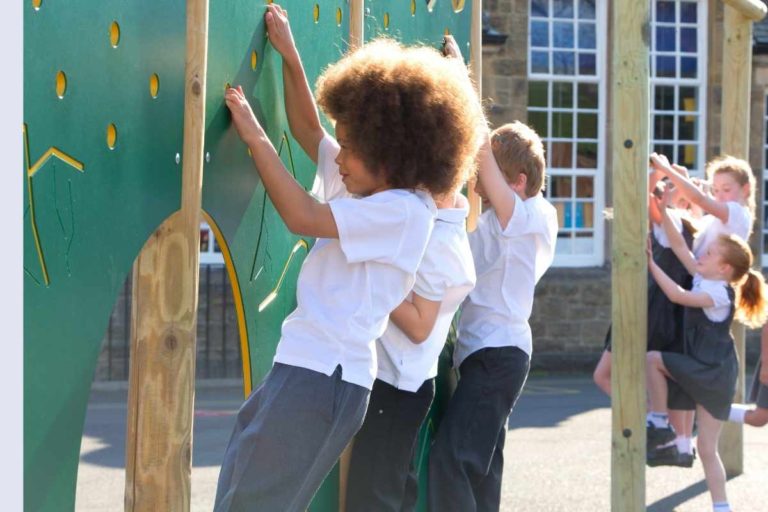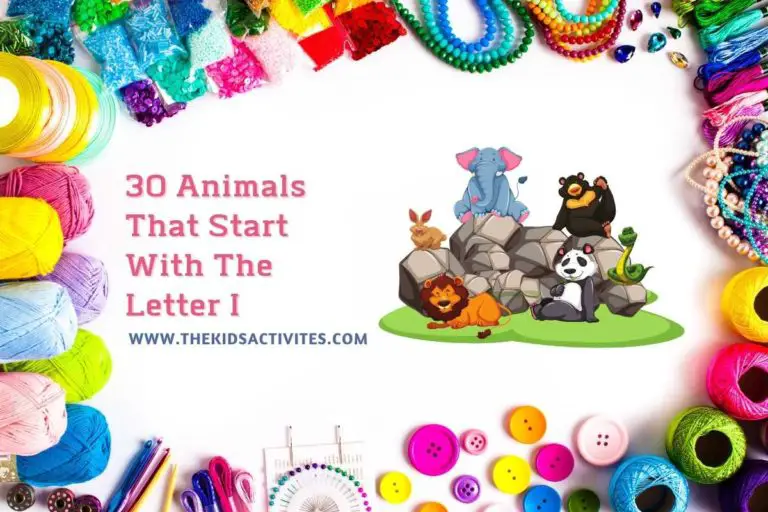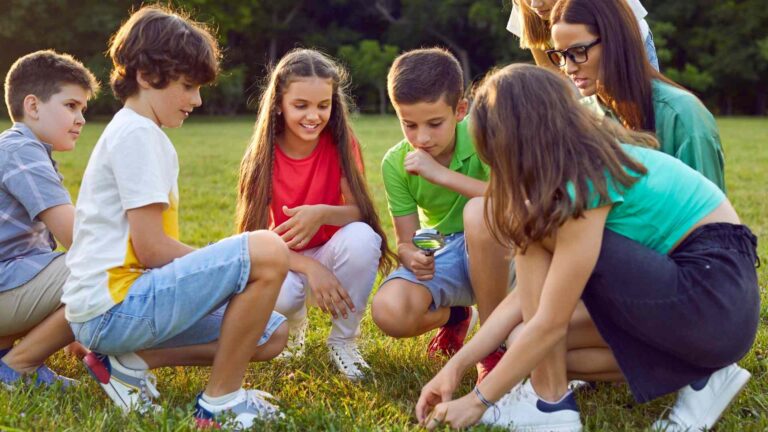7 Fun Children’s Sports Activities
7 Fun Children’s Sports Activities
Kids are full of energy and eager to learn. They also have short attention spans.
So when it comes to teaching them any new activity, you need to keep these things in mind. This is especially true for sports (my background includes coaching kids in baseball).
If you can get them excited about the sport, they’ll be more likely to enjoy it and focus on what you’re teaching them. The most important thing is to make it fun! Here are some ways I’ve found that work well:
Children Love To Be Active!
Children who are more active are happier, healthier, and more successful than those who aren’t.
Activity is important for a child’s development.
Active children are more likely to be confident and successful in their future endeavors.
HAVE FUN!
Children will only learn something if they are engaged, interested, and motivated.
Fun is a key element in all of these things.
It’s important to remember that learning should be fun rather than forced or tedious. The more enjoyable your activities are, the more likely your child will want to participate in them over and over again!
Keep It Simple
- Keep it fun.
- Keep it simple.
- Keep it safe, low cost, and short.
- Make sure it is interesting to your child and relevant to their needs and interests.
Teach On The Go
If you’re looking for a way to keep your kids active, here are some tips on how to make it fun for the whole family!
Make it short and sweet. If your child has a lesson scheduled, don’t overdo it. There’s no need for an hour-long practice when 30 minutes is plenty of time to teach all the skills necessary at that stage of development.
Make it memorable. Use silly songs and games during practice that will stay with them long after they’ve learned their first soccer ball pass or dribble around cones (and trust me, this will happen quickly).
Practice Doesn’t Have To Be Practice
You know how that goes. you have a kid who loves to play sports, but he or she needs to get their skills down before they or can join the team.
So you schedule some time every week for practice, and then you end up spending half of it sitting in the stands watching them run drills over and over again (or worse yet, standing on the sidelines listening to an assistant coach talk about what each player needs to work on).
This can be incredibly boring for everyone involved—and while practicing is definitely important, there are ways of making it more fun! You just need some inspiration and creativity in order to think outside of the box.
Here are some ideas for how you might make practice more engaging:
Make It A Game
Make it a challenge, but not too hard for the child to win (or lose).
Make it something that can be played with other children, if possible. If you have one child playing on their own and another watching and cheering them on, that’s better than having two people playing solo games together!
If you want to make sure both kids are involved in the game, try making up your own rules where their scores add up to form an overall total at the end of the round or game session—and then decide who wins based on those numbers. For example.
Whoever gets 12 points first wins!” Or “If Johnny has a higher score than Jenny at any point during this round/this game/this set of games. then he wins!”
Make It Personal
You probably want your kids to be active, but it’s not always easy to find the motivation. You can get them fired up by making sports relevant to their interests and goals.
For example, if they’re into science, they might love the idea of learning how weather patterns affect athletic performance. If they’re interested in art and drawing, why not take them to a baseball game? Then let them draw their favorite players’ swings or pitches during halftime.
Or maybe they’re passionate about animals: sign them up for the swim team! Not only does this help build muscles that are important for swimming strokes, but also makes sure kids learn proper safety precautions around water (which is especially important if you live near bodies of water like rivers or lakes).
Use The Skills You Teach Them For The Rest Of Their Lives.
They will remember and use the skills you teach them for the rest of their lives.
Not only are you helping them learn new things, but you’re also providing a foundation for lifelong physical activity and health.
Kids who participate in sports at a young age are more likely to become active adults who stay healthy throughout their lives.
Conclusion
Whether your child is a toddler or a teenager, it can be hard to find the balance between having fun and teaching them. It’s important for us as parents to teach our children skills that will help them succeed in life. Not only does exercise help build their bodies, it also builds their confidence!






